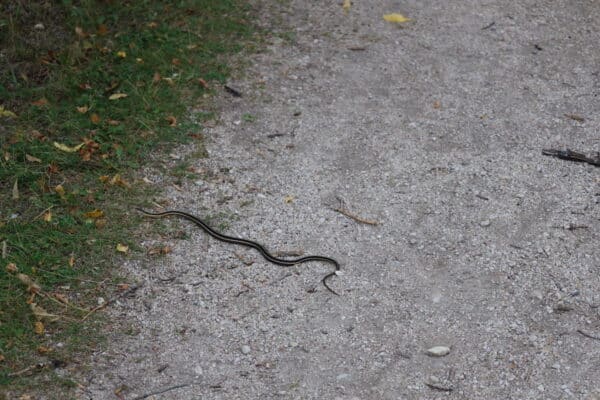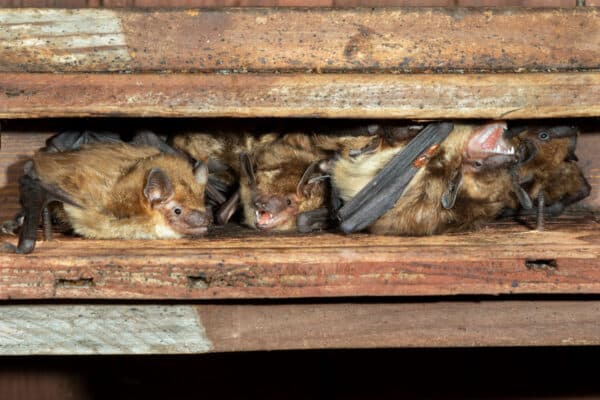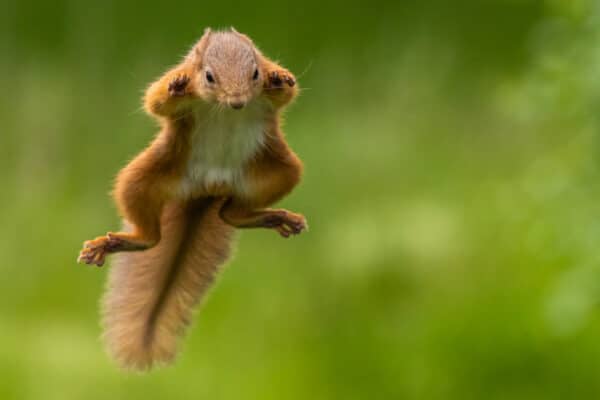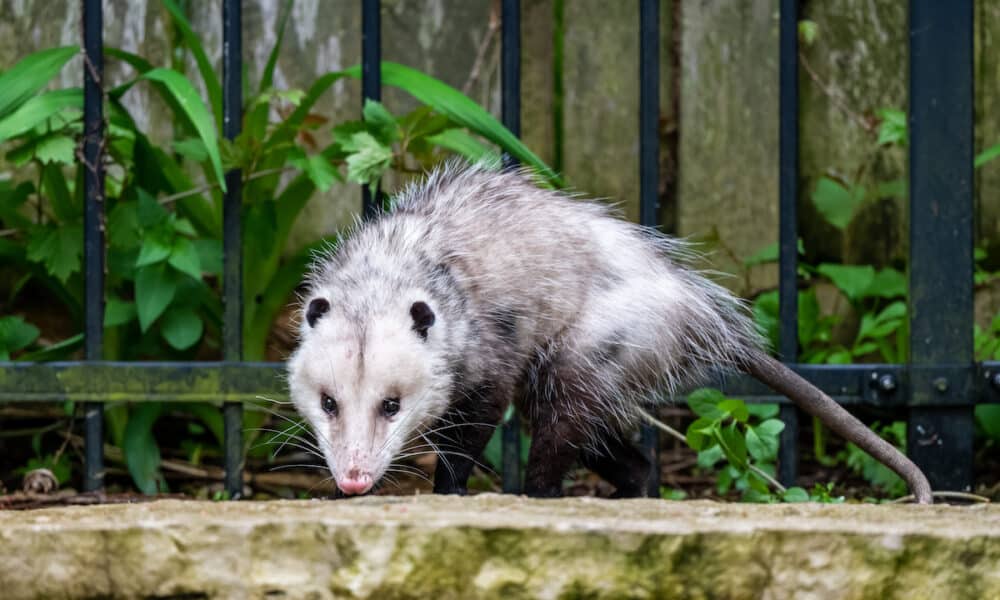
Wildlife can bring a touch of nature’s beauty to your property, but it can also pose risks and challenges. From nuisance animals like raccoons, squirrels, and skunks to potential property damage and health hazards, coexisting with wildlife can be a complex issue. This is where regular wildlife inspections and maintenance come into play.
In this article, we will dive into the importance of these inspections and the essential maintenance practices that can safeguard your property, your well-being, and the environment.
Challenges Posed by Wildlife on Your Property
While wildlife can enhance your property’s ecological diversity and visual appeal, there are challenges that must be managed, including:
- Property Damage
- Some wildlife species can cause substantial damage to your home and landscaping. For example, raccoons can tear through roofs and walls, squirrels can chew through wiring, and skunks can dig up lawns and gardens.
- Health Hazards
- Wildlife can transmit diseases to humans and pets. Raccoons, for instance, can carry rabies, while rodents are known to spread diseases like hantavirus and leptospirosis.
- Nuisance Behavior
- Certain wildlife species, such as raccoons and skunks, can exhibit nuisance behavior like rummaging through trash cans, digging up gardens, and creating messes in and around your property.
- Aggressive Wildlife
- Some wildlife, particularly during mating or nesting seasons, may become aggressive if they feel threatened or cornered. This can pose a danger to you and your family.
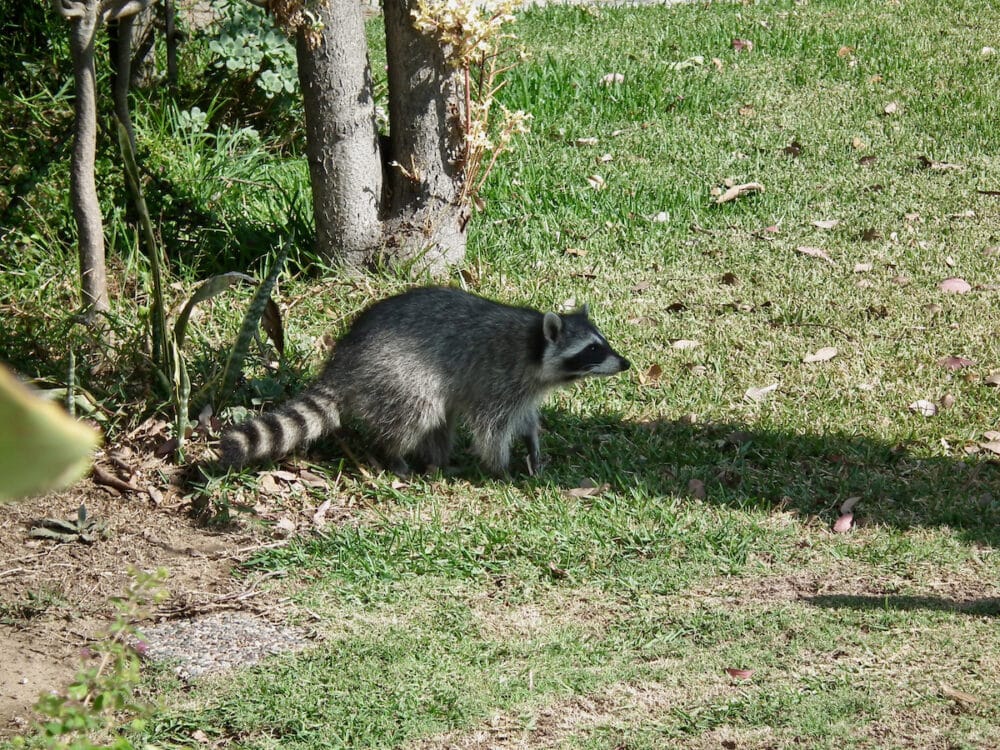
The Importance of Regular Wildlife Inspections
Wildlife inspections are a critical component of responsible property management, particularly in regions where human habitation intersects with natural habitats. These inspections serve as a proactive and preventive approach to coexisting with wildlife in a manner that benefits both humans and the environment. Let’s delve deeper into the significance of regular wildlife inspections:
1. Early Detection and Mitigation
One of the primary advantages of regular wildlife inspections is the ability to identify issues in their early stages. Wildlife-related problems can escalate quickly if left unaddressed, leading to more significant property damage, increased health risks, and additional expenses. By detecting these issues early, you have the opportunity to address them proactively, often with less invasive or costly measures.
For example, a small gap in your home’s foundation or roof might initially allow squirrels or bats to gain access. Through regular inspections, you can spot these entry points and seal them off before the issue becomes a full-scale infestation. Timely interventions can save you both money and the hassle of extensive repairs.
2. Property Preservation
Wildlife, even when not directly posing health or safety risks, can inadvertently cause significant property damage. The presence of wildlife can lead to:
- Structural damage caused by nesting, burrowing, or gnawing.
- Damage to insulation, electrical wiring, and plumbing.
- Contamination from feces, urine, or parasites.
- Erosion or damage to landscaping, gardens, or structures.
Regular wildlife inspections can help protect your property from these forms of damage. Addressing issues early can prevent the deterioration of your home’s structural integrity and overall value.
3. Health and Safety Considerations
Another crucial aspect of wildlife inspections is the identification of potential health and safety hazards. Wildlife can carry diseases, parasites, and bacteria that pose health risks to humans and pets.
For example, raccoons and rodents can transmit diseases like rabies, hantavirus, and leptospirosis. Additionally, the presence of certain wildlife, particularly during mating or nesting seasons, can lead to aggressive behavior, putting you and your family at risk.
Regular inspections allow for the early detection of these hazards. If you find evidence of wildlife-borne diseases, you can take the necessary precautions, such as consulting with healthcare professionals or wildlife removal experts. Identifying and addressing aggressive wildlife behavior early can prevent potentially dangerous encounters.
4. Sustainable Coexistence
Balancing your property’s needs with those of the local ecosystem is a key goal of regular wildlife inspections. It’s important to acknowledge that many wildlife species are integral to local ecosystems, contributing to biodiversity and ecological health. By conducting regular inspections, you can develop a plan that allows for the sustainable coexistence of both wildlife and your property.
For example, rather than resorting to lethal methods, inspections may reveal options for the humane exclusion of animals from certain areas of your property, allowing them to find alternative habitats. Habitat modifications can make your property less attractive to wildlife without resorting to harmful practices, ensuring the ecological balance remains intact.
5. Regulatory Compliance
In some regions, local regulations and ordinances may require regular wildlife inspections to maintain community health and safety standards. Failure to comply with these regulations can result in fines or legal consequences. Keeping up with inspections not only ensures the well-being of your property but also ensures that you are meeting your legal obligations.
In summary, regular wildlife inspections are essential for property owners who share their living spaces with wildlife. These inspections offer:
- Early detection
- Enable property preservation
- Safeguard health and safety
- Foster sustainable coexistence
- Ensure regulatory compliance
By being proactive in your approach to wildlife management, you can enjoy the beauty of nature while also safeguarding your property, the environment, and the health and well-being of your family.
Essential Maintenance Practices
Regular wildlife inspections should be accompanied by essential maintenance practices to address and mitigate issues.
Here are some key practices to consider:
- Habitat Modification
- Make your property less appealing to wildlife by removing attractants like food sources, shelter, and water. Secure trash cans, seal entry points into your home, and keep vegetation trimmed.
- Repellents and Deterrents
- Consider using repellents or deterrents to dissuade wildlife from your property. These can include physical barriers, chemical deterrents, and ultrasonic devices.
- Humane Trapping and Relocation
- In cases where wildlife poses a direct threat or where coexistence is not feasible, consider humane trapping and relocation by professionals trained in wildlife management.
- Habitat Restoration
- Invasive plant species and overdevelopment can disrupt natural ecosystems. Participate in habitat restoration efforts to maintain the ecological balance of your area.
- Regular Cleaning
- Maintain a clean property by regularly cleaning up debris, food scraps, and other attractants that might draw wildlife.
- Professional Consultation
- For more complex or recurring wildlife issues, seek the advice and services of professional wildlife removal and control experts who can provide a customized plan to address your specific concerns.
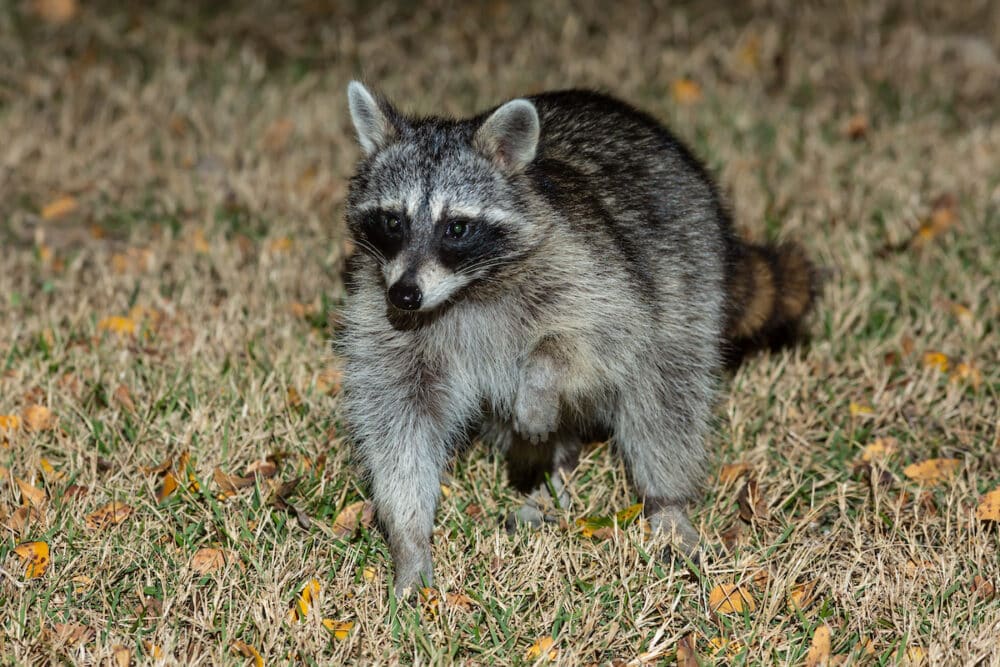
Why Covenant Wildlife is Your Ideal Partner for Regular Wildlife Inspections and Maintenance
When it comes to safeguarding your property through regular wildlife inspections and maintenance, partnering with a trusted and experienced wildlife removal service is essential. Covenant Wildlife is your ideal choice for several compelling reasons:
Expertise and Experience
Covenant Wildlife brings a wealth of expertise and experience in wildlife inspection and maintenance. Our team of professionals is well-versed in the behavior and biology of various wildlife species, allowing us to identify and address potential issues with precision.
Comprehensive Regular Wildlife Inspections
We conduct thorough and comprehensive wildlife inspections to detect early signs of wildlife presence and potential threats. Our inspections cover every aspect of your property, from structural vulnerabilities to potential attractants that may invite wildlife onto your premises.
Customized Solutions
Recognizing that every property and wildlife issue is unique, we tailor our solutions to your specific needs. Covenant Wildlife doesn’t believe in one-size-fits-all approaches. Instead, we develop customized plans that consider your property’s characteristics and local wildlife dynamics.
Humane Practices
We prioritize humane and ethical wildlife management. Our approach involves excluding or relocating wildlife in a manner that minimizes stress and harm to the animals. Covenant Wildlife is committed to coexisting with wildlife whenever possible, ensuring the well-being of both your property and the local ecosystem.
Preventive Measures
Prevention is key to effective wildlife management. We offer proactive maintenance services to mitigate future wildlife-related issues. Whether it’s sealing entry points, removing attractants, or conducting habitat modifications, Covenant Wildlife takes a proactive stance to safeguard your property.
Professional Tools and Techniques
Covenant Wildlife employs state-of-the-art tools and techniques to ensure the success of inspections and maintenance. We stay updated on the latest advancements in wildlife management, which enables us to offer efficient and sustainable solutions.
Health and Safety Standards
The health and safety of our clients are our top priorities. Covenant Wildlife adheres to rigorous health and safety standards during inspections and maintenance. We are equipped to handle potential health hazards, such as diseases or aggressive wildlife behavior, ensuring your well-being.
Local Regulations and Compliance
Our team is well-versed in local regulations and compliance requirements. We operate within the bounds of the law and can assist you in meeting any local ordinances related to wildlife management. Covenant Wildlife ensures that you remain in good standing with regulatory authorities.
Environmental Responsibility
Recognizing the importance of the local environment, we take environmental responsibility seriously. Our practices are designed to minimize our ecological footprint and promote the sustainability of local ecosystems.
Customer-Centric Approach
At Covenant Wildlife, we place a high value on customer satisfaction. Our approach is customer-centric, and we aim to provide you with the highest level of service, clear communication, and reliable support throughout the inspection and maintenance process.
If you’re searching for regular wildlife inspections and maintenance for your property, give our team at Covenant Wildlife a call!
